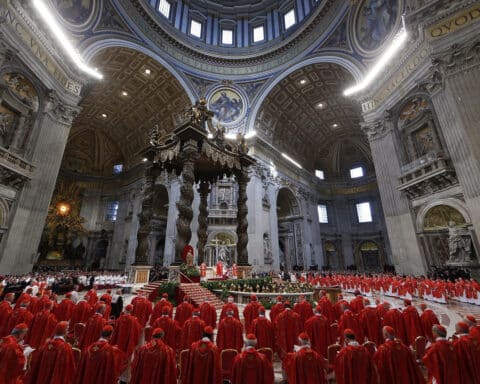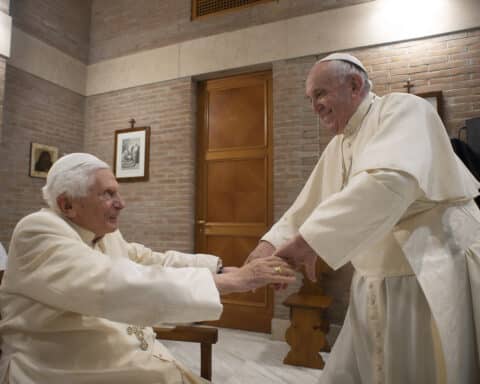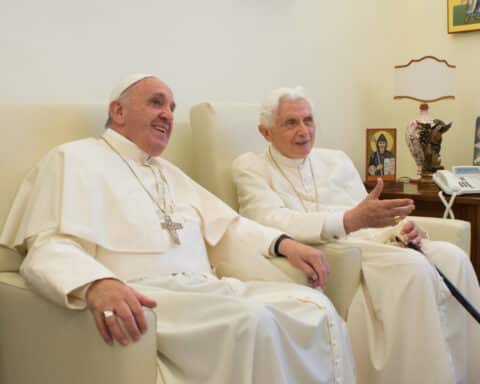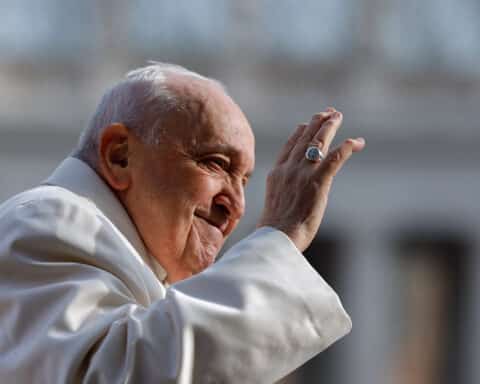
— Inigo Incer, via email
Answer: The more common word for acedia is “sloth,” one of the seven deadly sins. Unfortunately, most simply equate sloth with laziness. Although sloth can manifest as laziness, it manifests other aspects as well.
The Catechism of the Catholic Church teaches that “acedia or spiritual sloth goes so far as to refuse the joy that comes from God, and to be repelled by divine goodness” (No. 2094).
The proper response to the good things that God offers us is joy. We should be joyful at the offer of a holy life, set free from sin and gloriously opened the love of God and others.
But the sinful drive of sloth influences many to respond to this offer with sadness and aversion. Perhaps it would involve too many changes, and many prefer to avoid change and fear it. Many enjoy their sins, preferring to indulge their lower nature. Sloth, therefore, perceives God’s gracious offer as a threat and moves to oppose it.
While sloth often manifests as a kind of boredom, aversion or laziness toward spiritual things, one can also see it at work in the kind of frantic indulgence and workaholism common today. Many indulge in an excessive activism in the world of politics, career, business and other worldly pursuits. In no way are they lazy, but they often use frantic activism to avoid the spiritual contemplation of God or the things of God. The claim becomes, “I am too busy to pray, get to Church, or attend to moral and spiritual reflection, the reading of Scripture or the study of my faith.” Such people are not lazy, per se, but they are averse to spiritual things and prefer worldly pursuits. And this too is sloth.
Sloth is a deep and sinful drive rooted in a disordered preference for passing worldly things. We must ask for a joy for spiritual and eternal things and zeal to cultivate a deeper desire for God and the things of heaven, for our fallen flesh is strongly opposed to the desires of the spirit (see Gal 5:17).
Papal rules
Question: Does the pope have the authority to overturn pronouncements of previous popes, for example, in matters of contraception and the ordination of women?
— Alice O’Hara, Islesboro, Maine
Answer: We must distinguish different types of law and teaching. There are certain laws and precepts that are ceremonial and customary practices, or merely disciplinary rules. These are changed from time to time. For example, things such as the kinds and types of vestments and other regalia worn by the clergy and other merely ceremonial aspects of the liturgy can be changed. Disciplinary norms such as curial structures, canonical penalties, etc., can also be changed.
But in matters of defined doctrine by the magisterium regarding faith and morals, matters rooted in Scripture and Tradition or matter from previous popes and councils, the pope is bound to uphold them. There are some technical debates about what is definitively taught that are too technical to set forth in this short answer. But the two matters you cite are teachings to which the pope is bound and may not overturn.





